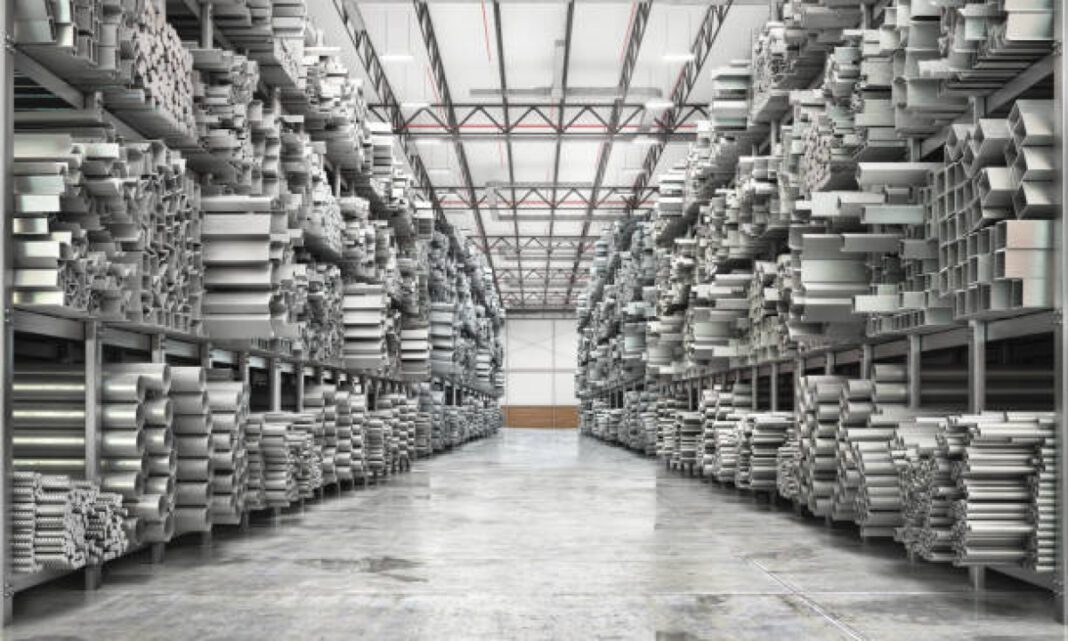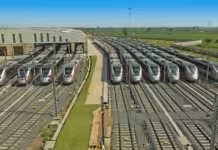The green transition could revolutionize the steel industry in India, according to government officials. Speaking at the Assocham Conference on Carbon Border Adjustment Mechanism (CBAM), Ashwini Kumar, Economic Advisor at the Union Ministry of Steel, highlighted the challenges the steel and aluminum industries face in balancing industrial competitiveness with sustainability, given their significant carbon emissions. Kumar noted that India is at a pivotal moment on the global steel stage and anticipates robust economic expansion supported by strong infrastructure and construction fundamentals. However, he emphasized the need to improve India’s carbon footprint, currently at 2.5 tonnes of CO2 emissions per tonne of crude steel, due to inadequate gas resources and other factors.
Sabyasachi Bandyopadhyay, Co-chairman of Assocham National Council on Iron and Steel and Director of Technical Marketing and Innovation at Jindal Steel and Power, discussed the economic impact of CBAM, estimating it could affect 0.5% of GDP and lead to additional taxes of 20-35%. He called for a strategic approach to adapt to these changes, urging individuals to contribute to a better world.
Devasish Mishra, Executive Vice President at JSW Steel, outlined the goals of new regulations to address carbon leakages and ensure environmental standards are met. He noted that the European Union regulations necessitate a comprehensive reassessment of production processes and carbon footprints.
Manish Mishra, Chief Corporate Affairs Officer at Tata Steel, discussed CBAM’s impact on global supply chains, trade agreements, and commodity markets. He emphasized integrating CBAM into business strategies, technology choices, and investment plans, and addressed the EU’s carbon pricing mechanism and the challenges of cost increases and compliance requirements.
Dhiraj Nayyar, Group Director of Economics and Policy at Vedanta, stressed that India’s priority should be to fix the manufacturing sector, create jobs, raise per capita income, and become the world’s third-largest economy within the next few years. He suggested that a carbon credit trading scheme could streamline carbon taxation and support effective governance.





